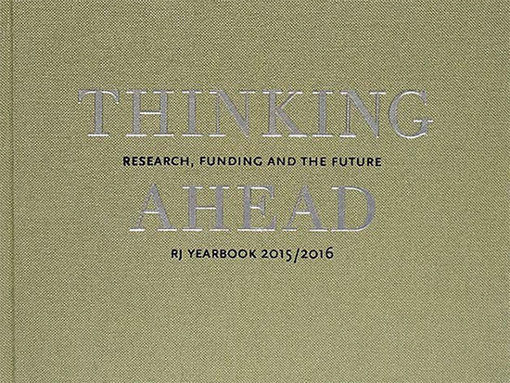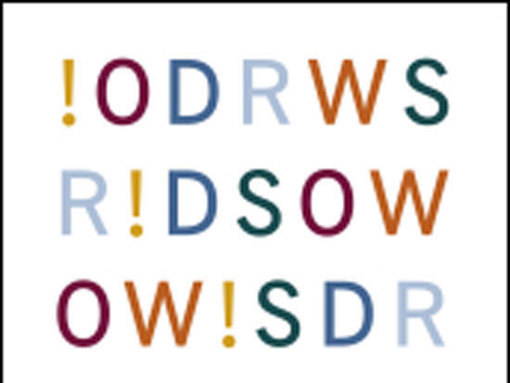After digitalisation
Digitalisation is everywhere, but how does it effect society and people?
One might think everything will become easier and better, however, that is not always the case. In a series of six booklets researchers explore the effects of digitalisation. They explore such subjects as electronic IDs (Bank ID), environmental effects of the digitalisation, working life, literature and artificial intelligence.
Read
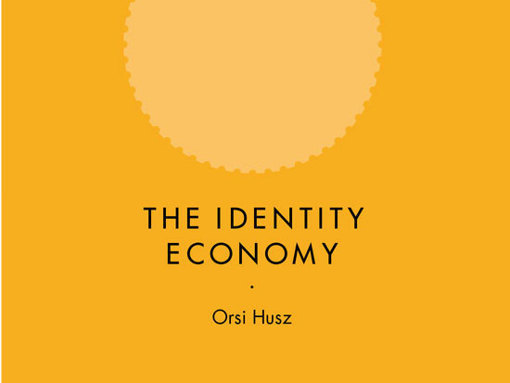
The Identity Economy
Historian Orsi Husz highlights the continuities in the transition from an analogue documentary regime of identity verification to digital surveillance capitalism.
I want to read (pdf)I want to read (epub)
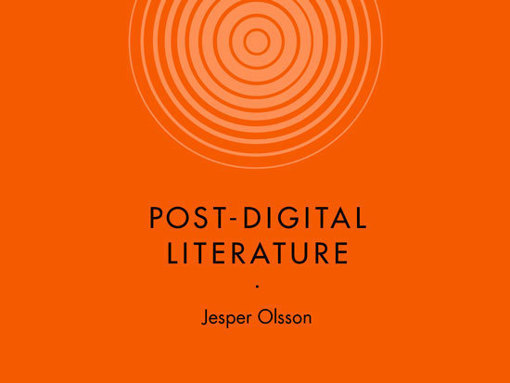
Post-digital literature
Literary scholar Jesper Olsson has excavated the media archaeological of the recent past and found new patterns, but also nostalgia for the analogue era.
I want to read (pdf)I want to read (epub)
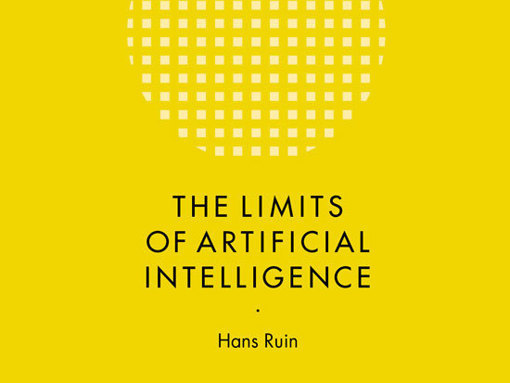
The limits of artificial intelligence
Philosopher Hans Ruin writes about the limits of artificial intelligence, and about the enormous expectations long placed on machines.
I want to read (pdf)I want to read (epub)

Digital materiality
Historian of technology Nina Wormbs describes the material conditions of digitalisation, conditions that are often forgotten or neglected.
I want to read (pdf)I want to read (epub)
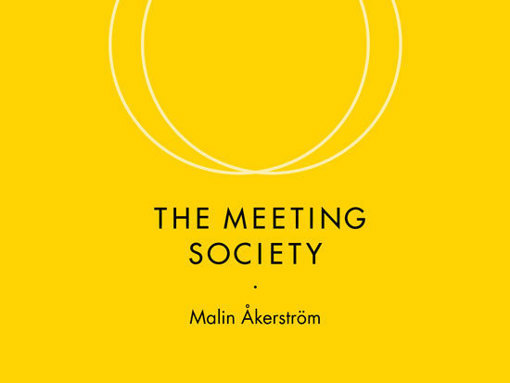
The meeting society
In this essay, sociologist Malin Åkerström describes the increasing number of meetings in our working lives.
I want to read (pdf)I want to read (epub)

Nature loves to hide
Nicklas Berild Lundblad, PhD in Informatics, highlights how digitalisation – in reality – appears to lead to the growth of increasingly complex systems.
I want to read (pdf)